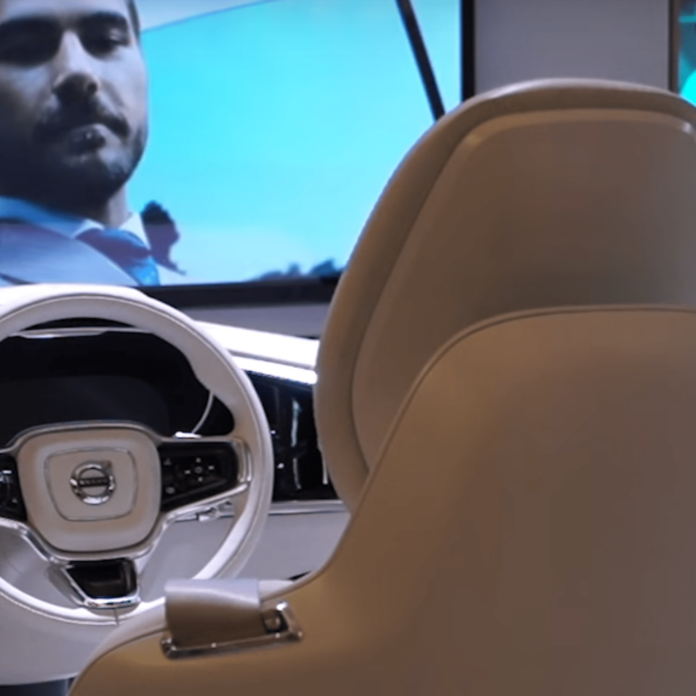Based on interest as articulated by a vote, students at the Massachusetts Institute of Technology’s System Design and Management program are set to partner with Ericsson to develop technology for autonomous vehicle applications.
Ericsson’s work around autonomous vehicle applications centers around predictive mobility– using big data analytics and software to understand context, driver needs and network awareness – to identify an individual driver. The group from MIT is set to help Ericsson “define and design this ‘identity’ module. SDM fellows work towards a master’s degree in engineering and management.”
“We are eager to team with MIT to push the boundaries of autonomous car innovation,” said Mike Kaul, VP of technology at Ericsson’s Business Unit Support Solution. “MIT’s SDM program combines multiple academic disciplines, including engineering, management and systems thinking, for top-tier mid-career professionals with several years of work experience who want to innovate and lead. Their participation will offer fresh insight and creative perspective to Ericsson’s important autonomous driving project.”
Here’s an example of what Ericsson is doing with its predictive mobility approach to the autonomous vehicle: Imagine one night you get tired and pause a TV show with 22 minutes left. The next day, you’re on the way to work in your autonomous vehicle. Your commute, based on traffic analytics and data, will take 22 minutes. Naturally, the car recommends you finish the show you paused earlier.
At the Mobile World Congress 2016 event, Ericsson showcased a concept for future autonomous cars featuring a fully integrated infotainment platform that uses data to optimize an individual’s drive time.

